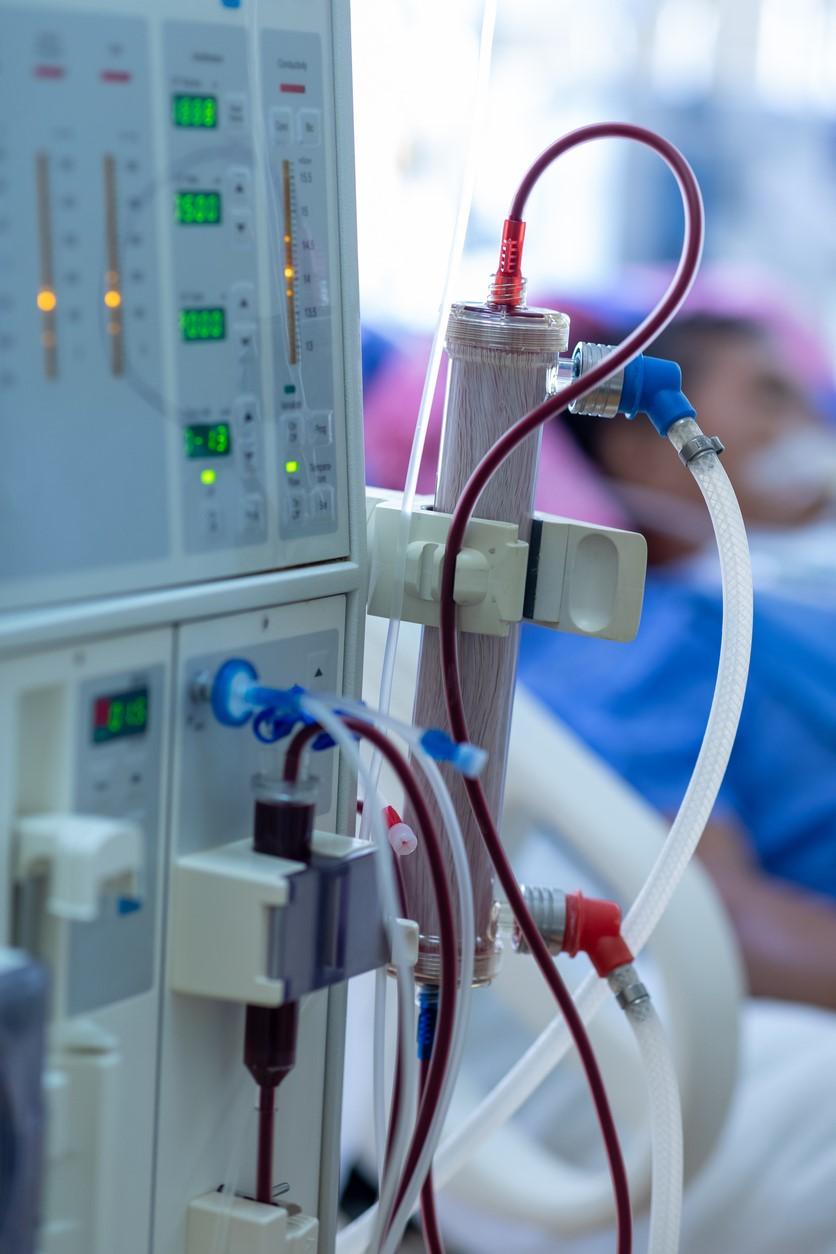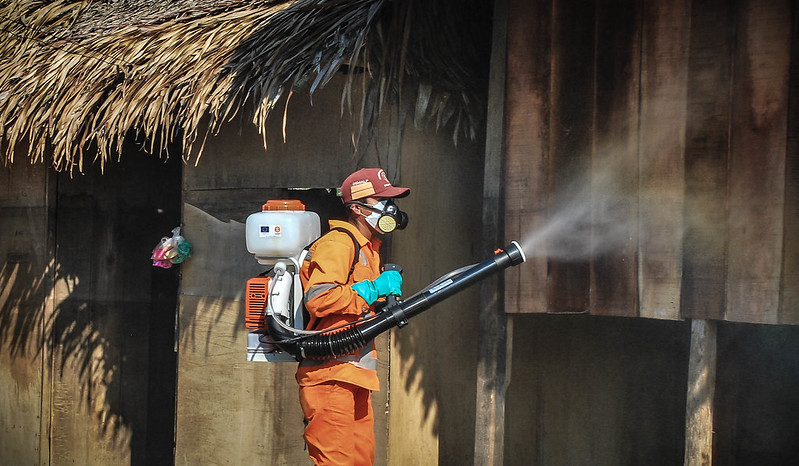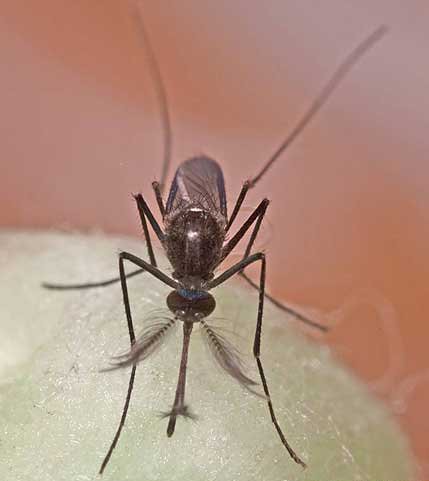
Adults hospitalized for COVID-19 and associated acute kidney injury (AKI) had lower rates of major adverse kidney events (MAKE), long-term decline in kidney function, and death than patients with AKI related to flu or other diseases, concludes a study at five hospitals in a single healthcare system published yesterday in JAMA Internal Medicine.
Yale University researchers analyzed the electronic health records of 9,624 AKI patients to compare the risk of MAKE, worse kidney function, and death in the next 2 years among those with COVID-19 with those with other illnesses. Patients were hospitalized from March 2020 to June 2022, and their results were compared with those hospitalized for influenza A or B and AKI from October 2016 to January 2020.
MAKE was defined as worse kidney function (estimated glomerular filtration rate [eGFR] decline of at least 25% after hospital release or kidney failure requiring dialysis). Average patient age was 69.0 years, 51.5% were women, 10% had COVID-19 and AKI, 3% had flu and AKI, and 87% had AKI and other diseases.
Replication in broader cohorts as well as assessment of the effects of other kidney dysfunction markers (eg, proteinuria) and the association of COVID-19−specific therapeutics with kidney function trajectory are worth investigating in future studies.
Relative to patients in the other two groups, patients with COVID-19 and AKI were slightly younger and had a higher baseline eGFR, more underlying illnesses, more severe illness, and longer hospital stays.
69% lower risk of death in COVID patients
In unadjusted analyses, death rates were 5.4% for COVID-AKI group, 9.0% for flu-AKI patients, and 9.8% for those with AKI related to other diseases. At 2-year follow-up, death rates were 7.4%, 16.7%, and 13.9%, and respectively. COVID-related AKI patients had a 33% lower risk of MAKE, a 22% lower risk of poorer kidney function, and 69% lower risk of death than those with AKI due to other diseases.
"Replication in broader cohorts as well as assessment of the effects of other kidney dysfunction markers (eg, proteinuria) and the association of COVID-19−specific therapeutics with kidney function trajectory are worth investigating in future studies," the researchers wrote.














